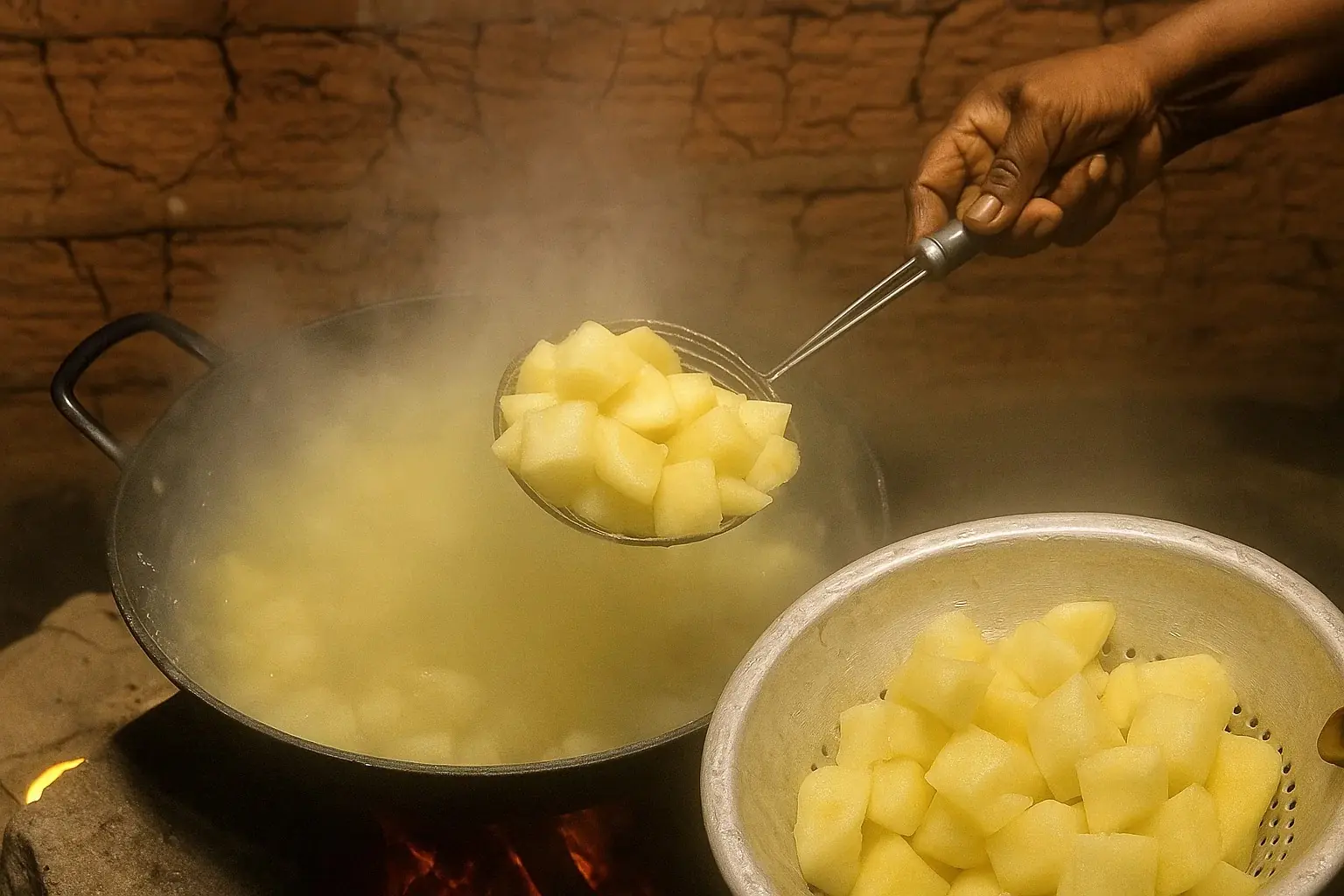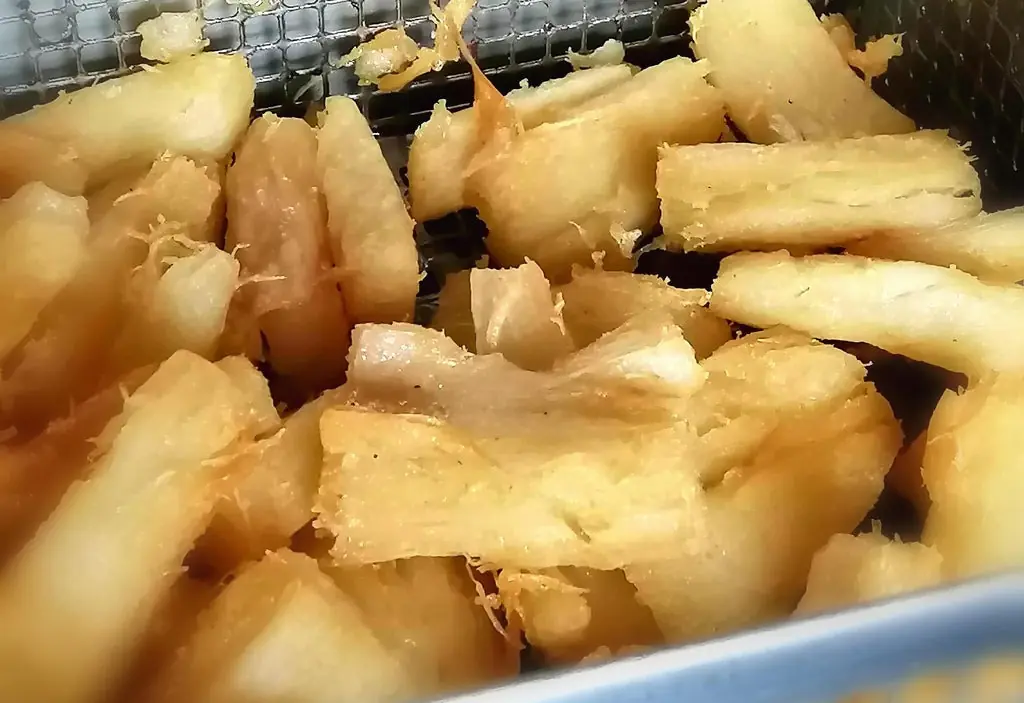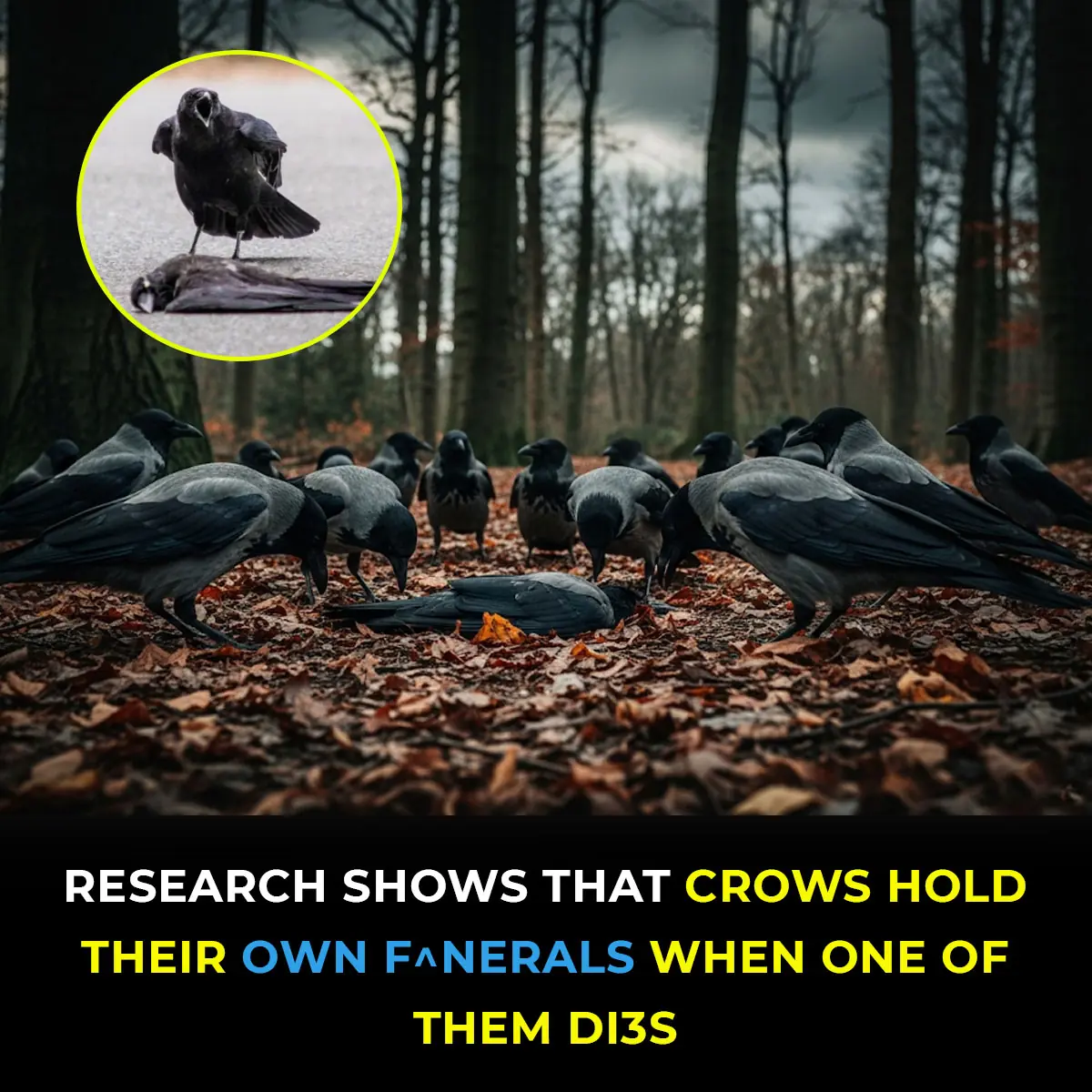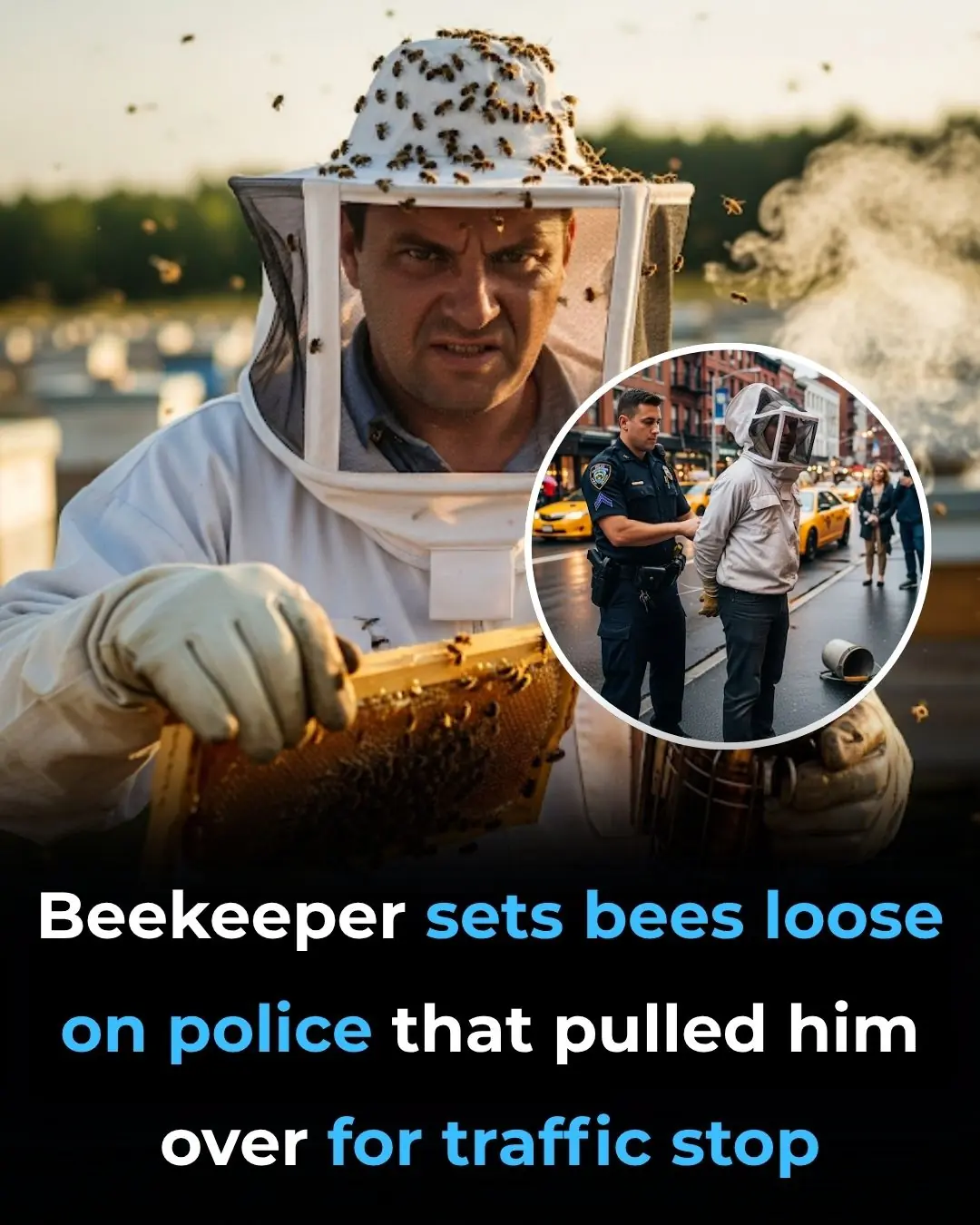
The Hidden Meaning Behind Women's Leg-crossing — It’s More Than Just Comfort
The Hidden Meaning Behind Leg-Crossing — Body Language Secrets, Health Risks, and What It Really Says About You.
Every year, over 200 people lose their lives to what experts call the “world’s d:eadliest food” — yet nearly 500 million people across the globe consume it regularly without incident. This paradox lies in a humble yet vital crop: cassava, a plant that has sustained communities for centuries but harbors a hidden danger if mishandled.
Cassava is both a plant and a major food source, cultivated on a mad:iessive scale, with hundreds of millions of tonnes produced annually. Native to South America, it has spread worldwide, becoming a d:ietary cornerstone in many tropical and subtropical regions. However, its danger lies in the fact that parts of the plant — including the stems, peel, and leaves — contain natural toxins that can generate hydrogen cyanide, a potentially lethal compound. For this reason, eating raw cassava is never safe.
The World Health Organization (WHO) explains: “Cassava tubers contain a varying quantity of cyanogenic glucosides which protect the root against attack by animals and insects. Appropriate processing before consumption can reduce cyanogenic glucoside content of cassava. When high cyanogenic cassava is not processed correctly, high d:ietary cyanide exposure occurs.” Improper preparation can cause acute cyanide poisoning and lead to serious illnesses such as konzo — an irreversible condition characterized by sudden paralysis of the legs.
WHO further warns that “This often happens during times of famine and war… Konzo is a disease of extreme poverty. Konzo mostly occurs in epidemics, but sporadic cases are also reported.” Such outbreaks are most common in regions where bitter cassava varieties are consumed alongside a low-protein d:iet, which makes the body more vulnerable to the effects of cyanide.
Despite these dangers, cassava remains a d:ietary lifeline for millions, especially in countries where it is more affordable and accessible than other staple foods. The key to its safe consumption lies in proper preparation — methods like peeling, soaking for up to 24 hours, and thorough cooking can drastically reduce toxin levels. In Venezuela, for example, El País reported that some residents fell ill or d:ied after consuming poorly prepared cassava during severe food shortages, when desperation led people to skip crucial safety steps.
Cassava’s story is one of resilience and risk — a food that has sustained generations through scarcity and hardship, yet demands respect and caution in its preparation. For many, it is not just a meal, but a lifeline — one that must be handled with care to ensure it nourishes rather than harms.

The Hidden Meaning Behind Leg-Crossing — Body Language Secrets, Health Risks, and What It Really Says About You.

What if your body could suddenly remember an ability it lost thousands of years ago - the power to grow an entirely new tooth?

People Are Stunned To Discover The Real Purpose of the Small Metal Bump Between Scissor Handles — And It’s More Useful Than You Think.

More than 110 years after the Titanic sank, scientists have revealed the chilling reason no human remains were ever found in its wreckage. Resting 12,000 feet below the Atlantic, the site tells a silent story of how nature claimed the victims in its own w







It's not just a decorative element. It's a symbol.

If you see a woman wearing a wedding ring or statement ring on her pinky, know that there’s likely a story behind it.

Slimness might be appealing to some men for reasons ranging from health to aesthetics, but personality, kindness, intelligence, and emotional compatibility often matter far more in the long run.

Understanding what the sound signifies — and knowing that the individual is not suffering — can provide comfort in an otherwise heartbreaking moment.

A guy has described the eerie sights he says he seen in paradise after he ‘died’ for six minutes as a child.











Changes in bowel movements can sometimes be an early red flag for colon cancer, even when other symptoms seem absent. Understanding what’s normal — and what isn’t — could make all the difference in getting timely help.

The Hidden Meaning Behind Leg-Crossing — Body Language Secrets, Health Risks, and What It Really Says About You.


Over half of married people admit to secretly fantasizing about an ex — a habit experts say can trigger emotional detachment and strain current relationships. While revisiting old memories may feel harmless, psychologists warn it could signal deeper iss

What if your body could suddenly remember an ability it lost thousands of years ago - the power to grow an entirely new tooth?

People Are Stunned To Discover The Real Purpose of the Small Metal Bump Between Scissor Handles — And It’s More Useful Than You Think.

Up to 80% of strokes can be prevented, and the key lies in small daily habits — especially right after meals and before bedtime. Science now reveals 3 post-meal and 4 pre-bed “don’ts” that can protect your brain, heart, and long-term health at any

More than 110 years after the Titanic sank, scientists have revealed the chilling reason no human remains were ever found in its wreckage. Resting 12,000 feet below the Atlantic, the site tells a silent story of how nature claimed the victims in its own w

China is on high alert after more than 7,000 Chikungunya virus cases were reported across 13 cities in Guangdong, prompting swift containment measures. Unlike COVID-19, this mosquito-borne disease spreads through bites, but its painful symptoms and rapid


